Best Practices Articles

4 Ways to PEPP Your Channel Sales
If your channel sales are flat and you have limited resources to drive fundamental structural changes or increase sales velocity via new products or organs, there are four fundamental steps you can take to change the trajectory of your channel sales. We call this process PEPP, which refers to profile, expansion, pruning and productivity. But before I explain, let me take a step back for a moment and examine the factors that contribute to a slowdown in channel sales and what actually needs to happen to speed it up.
In most cases, the purpose of a channel is to build an indirect sales arm. While there are businesses in which the channel represents a primary form of support to an installed base of clients to drive product or service usage satisfaction, in the majority of businesses that leverage a channel sales model the purpose of the channel is to build an indirect sales motion. For the purposes of this article, when we talk about PEPPing up your channel we are referring to increasing channel partner engagement to drive channel sales growth in a profitable way.
Now, when it comes to building channel sales momentum, there are several key barriers that can easily slow down growth. To eliminate those barriers, it is critical to a take a sequential and logical approach rather than trying to apply brute force. The brute force approach will likely force you to consume of a lot of resources, and you’ll end up with an unproductive channel and a lot of unhappy partners.
Based on our extensive experience with multiple Fortune 1000 clients on worldwide, we’ve been able to identify the most productive approach to driving channel sales. This involves a sequential, four-pronged approach:
- It is absolutely crucial for you to understand which of your partners are most productive (sales at a lower cost of support) and why. Without understanding this success motion, figuring out how to drive channel sales with the rest of your channel partners is like searching in the dark. Profiling is a very important tactic. First of all, it shows you who the most productive partners are. Once you have that information, then you can conduct surveys to find out why and how they sell at a higher level. Finally, you can determine the success DNA of their go-to-market model around your products and solutions. To learn more about this, please refer to articles on the ZINFI blog (like this one) about how to perform partner profiling.
- Once you have figured out who the most productive partners are, before you rush to make your non-productive partners productive, you must focus on those who are already successful. Making your current productive partner base 5% to 10% more productive may be the fastest way to drive your sales up. You possibly already have your organization aligned behind these highly productive partners, so take a structured approach in figuring out the business plans of these partners and then align necessary resources to maximize these business relationships. You will see magic happen with your channel sales growth.
- Let’s say you have allocated resources behind your premier partners. You may find you are running out resources to focus on another group of partners who have the potential to move up. Instead of immediately hiring or putting more program dollars behind this group, your next priority should be figuring out who you are not going to support and realigning your support model to reduce the cost of channel sales support for those who only occasionally do business with you. This kind of pruning is almost always harder than it sounds; you must really focus to figure it out. Align your channel teams to engage in difficult discussions, keeping in mind that you must follow through in order to liberate the resources you need to support partners with more potential.
- Once you have completed the first three steps, then you will need to focus on driving up productivity for a secondary group of partners who have the right DNA for success but are not really engaged with you—perhaps because you didn’t focus on them earlier. The broader your channel, the higher the potential is to drive productivity up. But in order to drive productivity to its highest potential, you must invest in appropriate channel marketing and channel sales automation technology. This is the topic of a separate discussion, but it’s important because it forms the foundation for each of these four core steps.
When you look at this PEPP framework, it may seem simple and doable—and it is!—but it also requires a strong heart, focus and persistence. These changes do not happen overnight. Typically they require a 12-to-18-month horizon. The key is to execute sequentially and measure progress quarterly, and at the same time take care of your processes, people and platform infrastructure.
Channel sales processes are focused on how you recruit, engage, enable and manage partners. To succeed, you must go through a realignment of your “people resources” from field marketing to channel marketing and to an inside/outside sales infrastructure. You also must invest in channel data management and analytics. Without data in today’s world it is almost impossible for you to make these changes rationally and logically. Any change is hard, and attempts to change often encounter an enormous amount of organizational emotion and resistance. To navigate through this, you must have access to accurate data, analytics and insights. Otherwise, your leadership will quickly lose credibility, both inside and outside the organization. Most state-of-the-art partner relationship management platforms can provide such access to the data analytics and insight you need to make good decisions.
Once you have implemented a logical and analytical foundation, you can apply the PEPP strategy we’ve discussed and enable your partners with partner marketing management capabilities. Automation is critical in today’s age, but automation is also useless if you don’t have the right people and processes in place to leverage it fully. They all go together.
As you can see, PEPPing your channel sales is hard, but it can absolutely be done. The key is to take a methodical approach that enables those who are already doing well, and then reallocate resources from poor-performing to high-potential partners through alignment of processes, people and automation platforms.
Best Practices Guidebook
 From TikTok to LinkedIn: Social Selling Across the Generational Divide
From TikTok to LinkedIn: Social Selling Across the Generational DivideDownload Guide
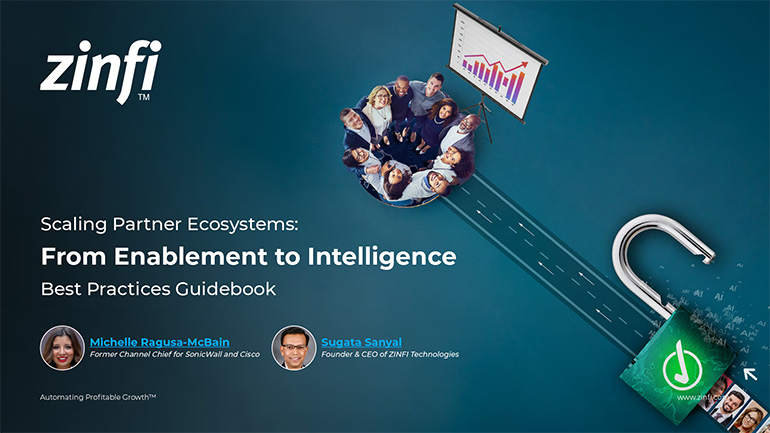 Scaling Partner Ecosystems: From Enablement to Intelligence
Scaling Partner Ecosystems: From Enablement to IntelligenceDownload Guide
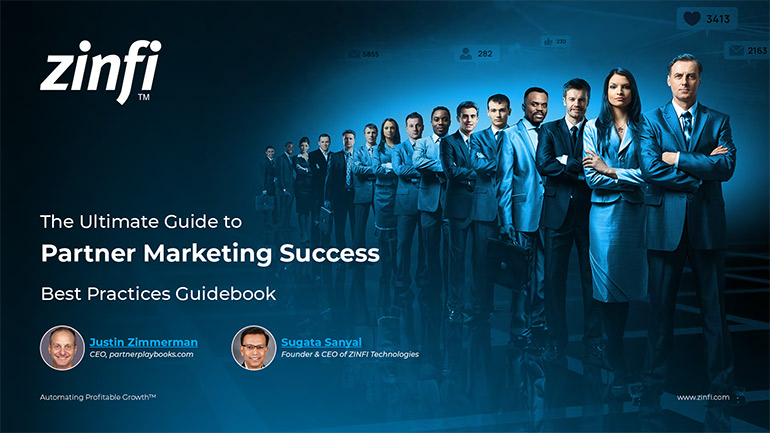 The Ultimate Guide to Partner Marketing Success Best Practices
The Ultimate Guide to Partner Marketing Success Best PracticesDownload Guide
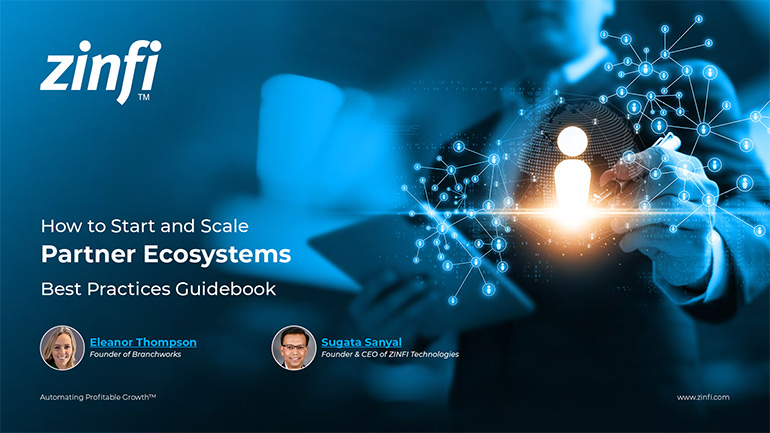 How to Start and Scale Partner Ecosystems Best Practices
How to Start and Scale Partner Ecosystems Best PracticesDownload Guide
 The Evolution of PartnerOps: Past, Present & Future Best Practices
The Evolution of PartnerOps: Past, Present & Future Best PracticesDownload Guide
 Mastering Channel Sales: Strategies, Best Practices, and Growth Tactics for 2025
Mastering Channel Sales: Strategies, Best Practices, and Growth Tactics for 2025Download Guide
 Winning with Partner Advisory Councils: Best Practices for Partner Engagement & Growth
Winning with Partner Advisory Councils: Best Practices for Partner Engagement & GrowthDownload Guide
 The Future of Partner Ecosystems Best Practices
The Future of Partner Ecosystems Best PracticesDownload Guide
 The AI Revolution: How Technology and Talent are Shaping the Future
The AI Revolution: How Technology and Talent are Shaping the FutureDownload Guide
 Top 105 Partner Management Metrics that Matter Best Practices
Top 105 Partner Management Metrics that Matter Best PracticesDownload Guide
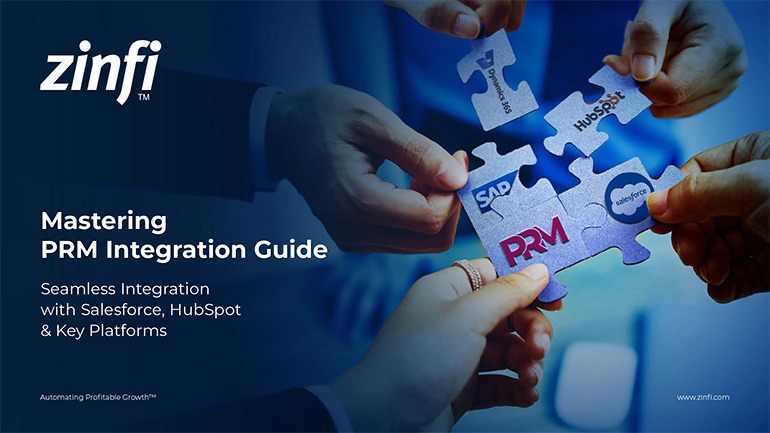 Mastering PRM Integration Best Practices
Mastering PRM Integration Best PracticesDownload Guide
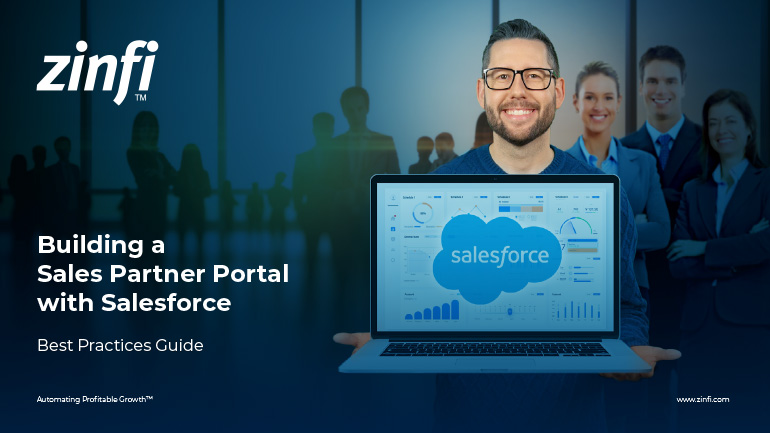 Building a Sales Partner Portal with Salesforce Best Practices
Building a Sales Partner Portal with Salesforce Best PracticesDownload Guide
 Building and Managing Partner Ecosystems Best Practices
Building and Managing Partner Ecosystems Best PracticesDownload Guide
 Mastering Co-Marketing and Co-Selling Best Practices
Mastering Co-Marketing and Co-Selling Best PracticesDownload Guide
 Transforming Partner Ecosystems Best Practices
Transforming Partner Ecosystems Best PracticesDownload Guide
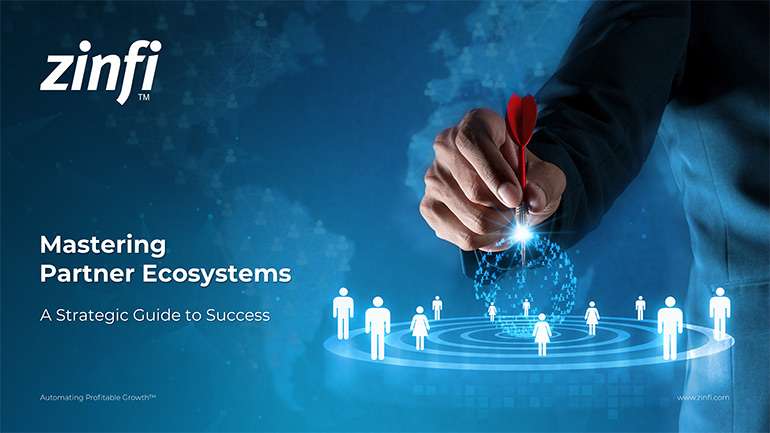 Mastering Partner Ecosystems Best Practices
Mastering Partner Ecosystems Best PracticesDownload Guide
 Mastering Partner Onboarding Best Practices
Mastering Partner Onboarding Best PracticesDownload Guide
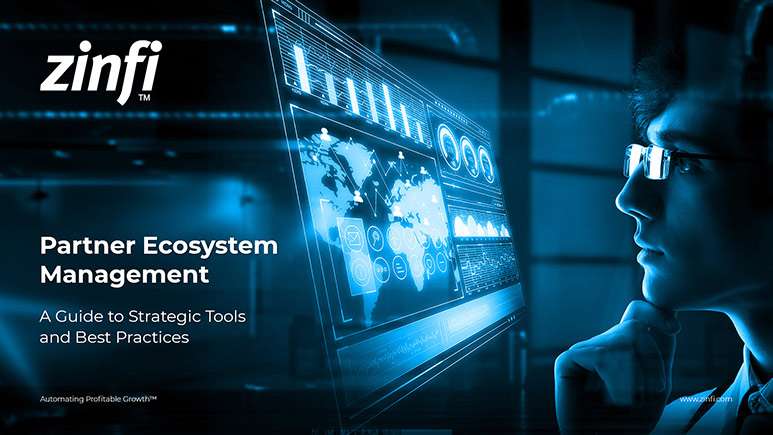 Partner Ecosystem Management Best Practices
Partner Ecosystem Management Best PracticesDownload Guide







